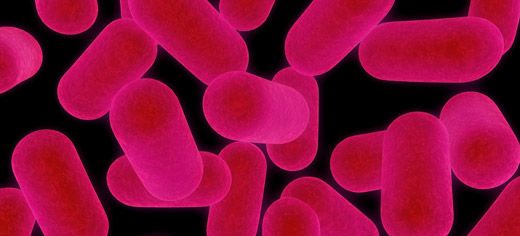
Scientists from the University of Leeds have uncovered the most comprehensive list yet of genes implicated in a group of common inherited diseases.
The research, published in Nature Cell Biology today, means that these disorders, known as ciliopathies, can be diagnosed more quickly and could lead to new treatments for patients.Ciliopathies are caused by defects in cilia, finger-like projections from cells that act as microscopic “antenna” to detect and respond to chemical changes or fluid flow outside the cell.
Kidney disease, which often leads to kidney failure, is a common complication of ciliopathies and is a significant cause of childhood disease and death.
One in every 1,000 people is born with a ciliopathy, which means there are currently about 30,000 affected people in the UK alone.
The research was led by the University of Leeds in collaboration with colleagues from Nijmegen in the Netherlands and about 40 other institutions worldwide.
Professor Colin A. Johnson, Professor of Medical and Molecular Genetics in the School of Medicine at the University of Leeds, said: “This research gives us the best list yet of the human genes needed to make cilia. This is an important issue in biology, but it also directly benefits patients because we can find new genetic causes for ciliopathies. We’ve found some completely unexpected cell processes that are linked to these diseases which should help in the search for future treatments.”
Professor Ronald Roepman, of the Radboud University Medical Center, Nijmegen, added: “We confirmed that each of the genes on the list were important for cilia using an independent method. We then focused in on some of the biochemical processes that are required for a functioning cilium. But the broader picture still has a wealth of similar opportunities for others in the research community.”
The research was funded by the European Union’s 7th Framework Programme for Research and Technological Development, known as FP7.
Further information
Professor Colin Johnson is available for interview. Contact Ben Jones in the University of Leeds press office on 0113 343 8059 or email B.P.Jones@leeds.ac.uk
The paper, “An siRNA-based functional genomics screen for the identification of regulators of ciliogenesis and ciliopathy genes”, by Wheway et al, is available from the Press Office.